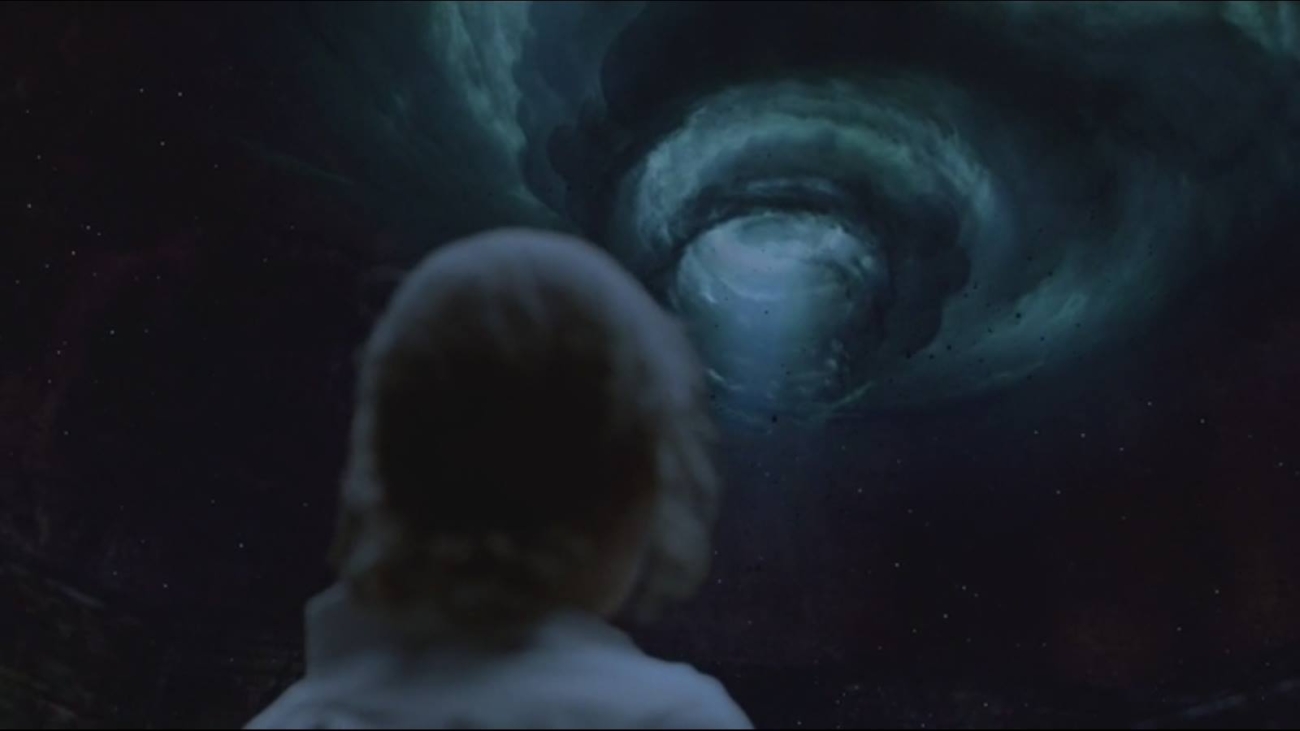Going through Facebook memories this morning, I came across this quote that I had posted a few years ago:
“Living a truthful life, a life based on clear values that allow you to be visible, full of character and [full of] conviction, is essential for connection to your HGA.”
—Frater Acher, The Everyday Path to Your Holy Guardian Angel
Here’s how I’d put this idea (and it’s admittedly nowhere near as pithy or poetic):
There is a certain way of minding the world or a certain frame of mind you can bring to it that creates an opening to realize the impingement or the demand the other makes on us. We can realize that our encounter with the other is not something that occurs as an additional layer placed on top of first-person experience. Rather, it’s constitutive of first-person experience. So we never get to fully determine the significance of the other or subjectively eradicate the other (as in solipsism).
I’m not saying “the other” to be coy. It’s vague enough to capture the encounter with another individual subjectivity. That means that interrelation or co-relation or belonging-with-others is as fundamental to experience as being with myself. Ethics is not first philosophy, but the substratum in which ethics grows is part of the structure of lived experience.
And of course God is the ultimate Other. God is not merely another subjectivity. God is the possibilizing source of all subjectivity and objectivity. To know God is being-with-other pushed out to infinity.
This encounter with otherness in either sense is incapacitated by a way of minding or framing which takes first-person subjectivity as absolute. Then I am the center of my own being. I fully determine not only my self. I choose the significance of the other for me. Interrelation is instrumental or “pragmatic”. Each person is a self-enclosed island of subjectivity—except insofar as “I will it”. There’s certainly no room for the impingement of a hyperbolic other such as God. There’s barely room for the impingement of a mortal other.
One of the antinomies of Thelema is whether the HGA is your higher self/Atman or whether it is a distinct individual. The former keeps one enclosed in the island of subjectivity. I’m relating to my self, just at some higher register. (Alternatively, it is relating to itself, just with you as the mediating other—this is the normal instrumental rationality or pragmatism, just flipped on its head.) The latter (the idea that the HGA is an objective individual separate from you) insists upon alterity; however, the other becomes just another individual: “a past adept” or something like that—or a mere spirit you conjure to do some work for you.
Usually the “objective individual” concept is criticized for sounding superstitious. What I’ve never seen anyone point out is that, even if this spirit exists, the relationship is still entirely instrumental. It’s just spooky self-care. That’s more jarring to my sensibility than the idea of interacting with a disembodied spirit (a concept practically as old as time).
But let’s just assume the Holy Guardian Angel is neither the Atman nor a personal spirit. Let’s just assume it’s God. Then there is a definite relationship between ethics and knowing God. This isn’t because you need to follow a certain moral code in order to have a religious experience. Nor is it because some entity “God” appears to you and tells you to pay your taxes and not drive up on the sidewalk and kill people for fun. It’s because the mindset/frame/mode of looking or contemplation that creates an opening for a genuine encounter with otherness is the soil in which both ethics and the religious experience grow.
The encounter with God is the hyperbolic mode of other-relation in the ordinary sense of knowing your neighbor. How you interact with your neighbor could also be affected through a poignant encounter with an absolute other whose mode of being is pure agapē. (A possible example of the latter that comes to mind: the way in which the character of Rust Cohle is changed by his vision at the end of the first season of True Detective.)
